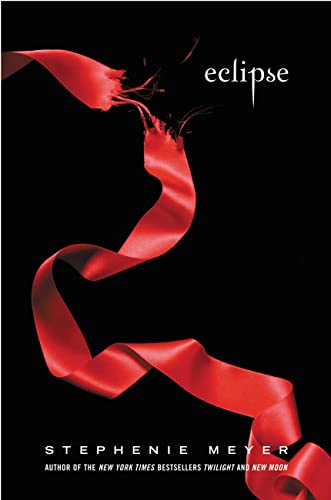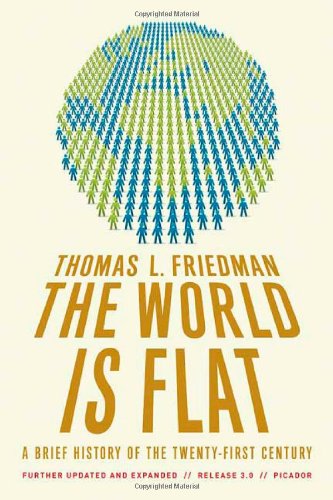 Last night, I finished reading Stephenie Meyer’s Eclipse, the third book in her Twilight Saga. It has been as entertaining as the other books in the series. Meyer has a gift for writing page-turners, and this story should leave readers anxious for Breaking Dawn. I will not make the wild claim that these books are more than fun diversions, but I know I enjoyed reading them. Of the three, I would have to say that Twilight is my favorite.
Last night, I finished reading Stephenie Meyer’s Eclipse, the third book in her Twilight Saga. It has been as entertaining as the other books in the series. Meyer has a gift for writing page-turners, and this story should leave readers anxious for Breaking Dawn. I will not make the wild claim that these books are more than fun diversions, but I know I enjoyed reading them. Of the three, I would have to say that Twilight is my favorite.
As I said in my review of New Moon, Bella’s self-deprecation can be annoying. She doesn’t put herself down as much when she compares herself with Jacob, but she seems to feel so strongly that she isn’t good enough for Edward, and as much as he tries to protest, I don’t see that changing. I wonder how she can be happy with someone when she feels she is inferior to him? I hope Meyer can resolve this particular problem in the next book.
If you have read the other two Twilight books, you don’t need a recommendation from me to pick up the third; however, I think this book is less able to stand on its own than the other two. I do think one could read either Twilight or New Moon without reading the rest of the saga, but this book ties in elements from both previous books that only make sense in context. I think that’s fine — by the third book in a series, an author can expect some loyalty; J.K. Rowling waited until Harry Potter and the Order of the Phoenix before she gave up the pretext of thinking readers might not have read the other books first, and she certainly could have dropped that pretext earlier.
If you are looking for Literature (yes, with a capital “L”), you probably don’t want to read Meyer’s books, but if you’re looking for fun, page-turning reads about vampires and werewolves, I think you’ll enjoy her books. It is certainly easy to see why she has become so popular with young adult readers.


